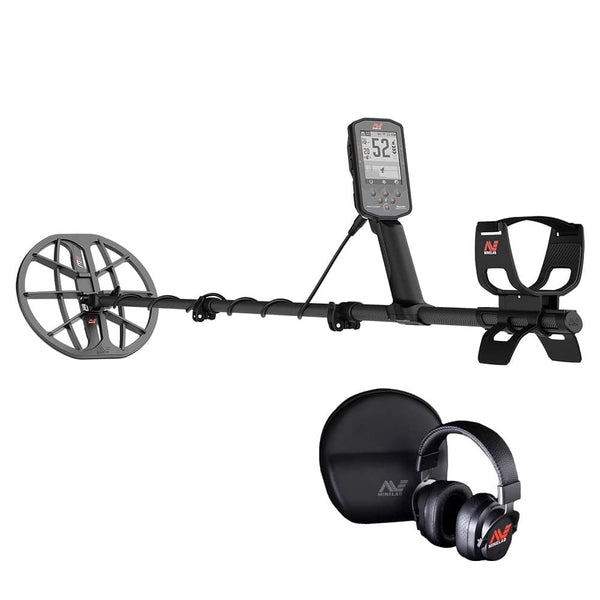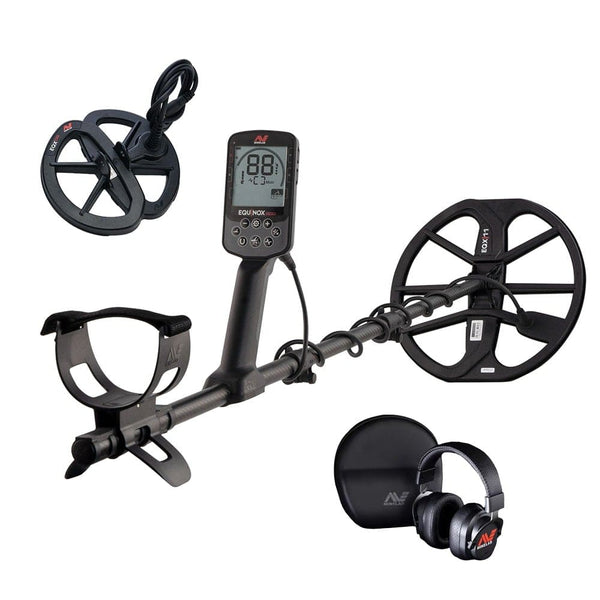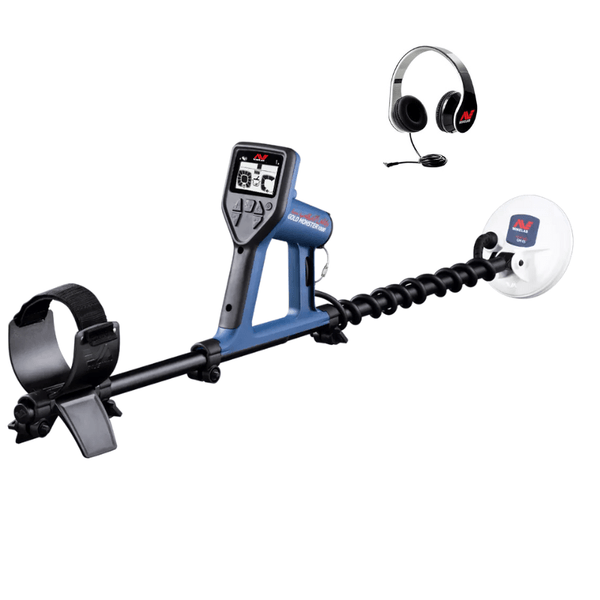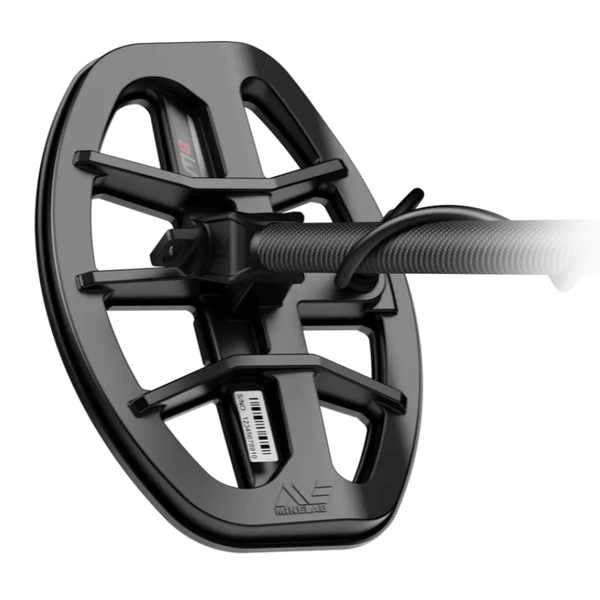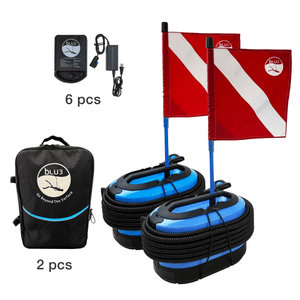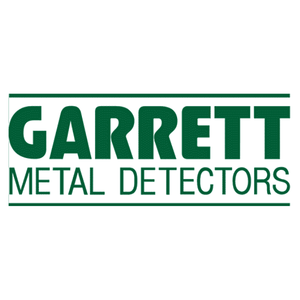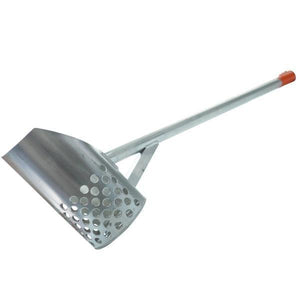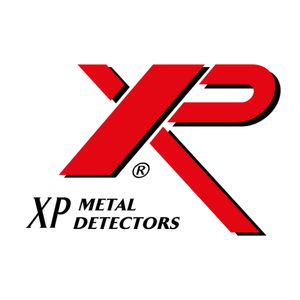The Ultimate Guide to Choosing a Good Metal Detector
Types of Metal Detectors
There are different kinds of metal detectors, and each one is made for a different reason. Knowing about these types will help you choose the one that will work best for your needs. Here are some of the most common:1. VLF Detectors: VLF detectors, which stand for "Very Low Frequency detectors," can be used for a wide range of tasks. They can tell the difference between various metals and have sensitive levels that can be changed.
2. Pulse Induction (PI) Detectors: PI detectors are great for beach hunting, underwater diving, or looking in areas with a lot of minerals. They don't get hurt by ocean or minerals, which makes them perfect for these places.
3. Beat-Frequency Oscillation (BFO) Detectors: These are the simplest and least expensive choice. They are easier to use, but they may not have as many complicated features as other kinds.
Discrimination and Target Identification
Operating Frequency and Sensitivity
How well a metal detector can find objects of various dimensions and materials depends on its working frequency. Higher frequencies can pick up on smaller things better, but they may not be able to reach deeper into the ground. On the other hand, lower frequencies can reach farther into the ground, but they could miss smaller targets. Think about what kind of hunting you want to engage in and choose a metal detector with a frequency that fits.
Search Coil Size and Shape

The size and form of the coil that searches can have a big effect on how you find metal. Larger coils cover a bigger area, so you can search more ground fast. Smaller coils, on the other hand, help you find targets better in areas with a lot of trash. It's important to find the right mix between scope and target split based on your tastes and the search conditions.
Ground Balancing and Mineralization

Mineralization can be caused by different types of dirt, which can change how well your metal detector works. Look for devices that can either automatically or manually adjust for mined soil. These features make sure that your metal detector stays steady and accurate and that mineralization doesn't give off too many fake signals.
Audio and Visual Indicators

Metal detectors often give you both visual and audible feedback when they find something. Audio indicators can be beeps, tones, or changes in pitch, and visible indicators can be displays with liquid crystal displays, LEDs, or needle gauges. Choose a detector for metal that has clear and adjustable visible and audible signs so that you can understand them well.
Additional Features

Think about any extra features that might make your metal detecting experience better, like protection, a pinpoint mode, a depth indicator, a changeable shaft length, or the ability to use wireless headphones. These features can make it easier and more fun for you to look for wealth.
Budget and Brands
Even though your spending is important, it shouldn't be the only thing you think about. Invest in a good metal detector from a popular brand that has a history of making products that work well and last a long time. Do a lot of study, read reviews, and find a good middle ground between your price and the features you want in a metal detector. If you want a good recommendation for your needs then feel free to contact us at 800-871-0285 or at support@modernmetaldetectors.com.
User Reviews and Recommendations
User reviews and suggestions are another good way to find a good metal detector. Read online customer reviews or join metal detector groups to learn from people who have used the tool before. Their comments can tell you a lot about how well different metal detectors work, how reliable they are, and how easy they are to use.
Conclusion
When looking for a good metal detector, you should carefully think about things like the type of detector, its ability to tell different types of metal apart, its working frequency, the size and shape of its search coil, its ground-balancing features, its audio and visual signs, its extra features, your budget, and user reviews. By thinking about these things and figuring out what you need, you'll be in a good position to find the right metal detector to help you find gold.



